US Tightens Scrutiny of Marriage-Based Green Card Applications
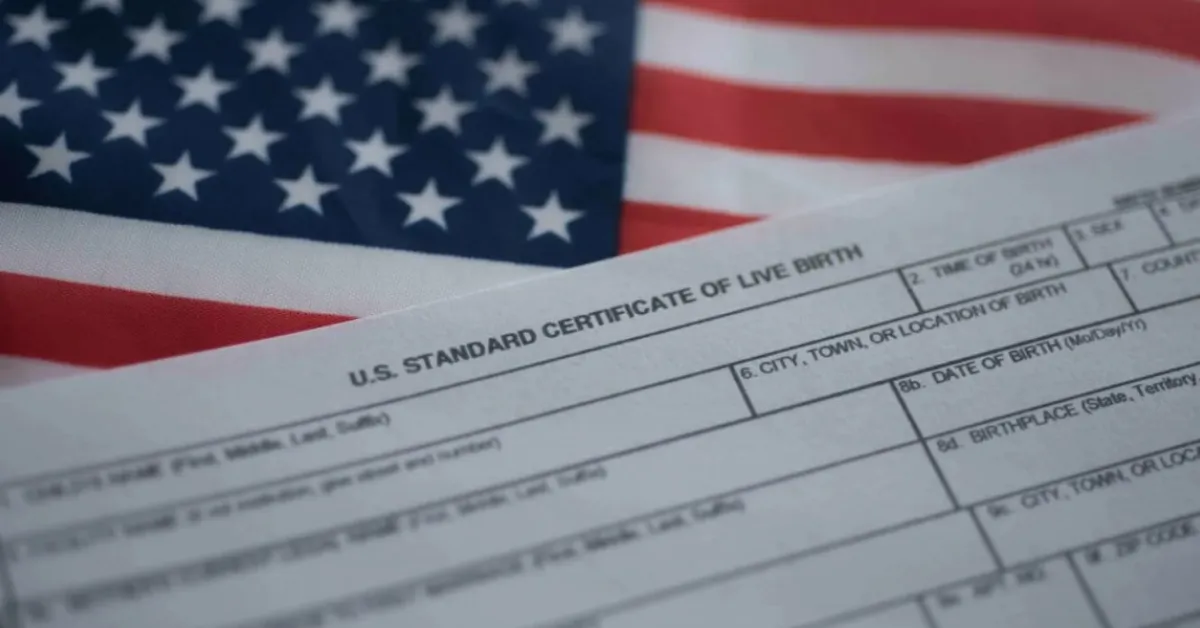
The United States is implementing stricter procedures for marriage-based green card applications, with heightened vigilance against immigration fraud and a renewed emphasis on compliance defining the process in 2025.
While there has been no official announcement of a sweeping policy change, a combination of updated forms, stricter filing demands, and evolving messaging from government agencies signal a significant shift in how spousal-based immigration claims are assessed. Applicants must be aware that from April to May 2025, new editions of essential immigration forms are now required. These include Form I-485 (Adjustment of Status) and Form I-129F (Fiancé Visa), both bearing the issue date 20/01/2025.
Form I-130 (Petition for Alien Relative), updated in April 2024, now features more explicit language concerning marriage fraud and consular processing preferences. The changes underscore the need for applicants to remain vigilant regarding USCIS form updates, as using outdated forms could jeopardise the entire application process. These updated forms were initially introduced in January without a transitional grace period, causing confusion and application rejections.
Following criticism from immigration advocates, the agency provided retroactive grace windows until early April for Form I-485 and the end of April for Form I-129F. Beyond document revisions, filing protocols have also become more stringent. Combined payments for multiple forms are now prohibited. Applicants must explicitly declare the beneficiary's processing path, either domestic adjustment or consular processing. In most instances, applicants must include Form I-693 (Medical Examination and Vaccination Record) with the initial submission.
Furthermore, applicants are no longer required to provide proof of COVID-19 vaccination, reversing a mandate that had been in place since the pandemic's height. As of 22 January 2025, vaccination records are not required with medical forms, a shift reflecting evolving public health guidelines. Concurrently, there is a notable evolution in the government's messaging regarding fraud prevention. For the first time, the official USCIS webpage for the I-130 form now invites the public to "report suspected immigration benefit fraud and abuse, including marriage fraud."
This addition, introduced in 2025, marks a departure from the procedural tone of recent years and echoes the enforcement language prevalent during the Trump-era crackdown on immigration violations. In March 2025, Immigration and Customs Enforcement (ICE) archived its long-standing "Stop Marriage Fraud" public awareness campaign. While the content remains accessible, a disclaimer notes that the material "is not reflective of current practice," creating ambiguity about the agency's current approach.
Immigration experts suggest this move signals an internal policy divergence: while USCIS is enhancing oversight at the application processing stage, ICE may be scaling back some of its public enforcement initiatives. These changes occur against a backdrop of growing concerns about extended processing times for spousal petitions. According to data reviewed by Boundless, both Form I-130 and Form I-485 filings are experiencing longer wait times in early 2025 compared to previous years. The demand for more detailed documentation and greater procedural accuracy exacerbate this trend.
Applicants are advised to ensure consistency across all forms, provide comprehensive documentation demonstrating a legitimate marriage, such as joint financial records, cohabitation evidence, and affidavits from third parties, and anticipate longer adjudication timelines. In June 2025, USCIS released new guidance concerning spousal eligibility for refugees and asylees. This updated policy stipulates that marriages involving individuals granted refugee or asylum status must be legally valid in the country where they occurred to qualify for US immigration benefits.
Although aligned with past court rulings, this adjustment formalises a more stringent standard of proof. Asylum seekers and refugees from conflict zones, where government documentation may be unavailable, now face potential exclusion if their marriage lacks state recognition. The guidance specifies that "religious or customary unions that weren't officially registered may no longer be accepted," particularly impacting couples from fragile states or displaced populations. This policy applies retroactively to applications submitted on or after 3 March 2025, potentially impacting thousands of pending cases.
While the fundamental eligibility framework for marriage-based green cards remains consistent, the adjudication process is now characterised by procedural rigour. Immigration attorneys and nonprofit legal aid groups advise applicants to seek current legal counsel and ensure their submissions meticulously adhere to current standards.

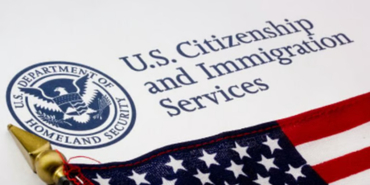
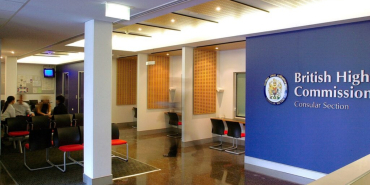
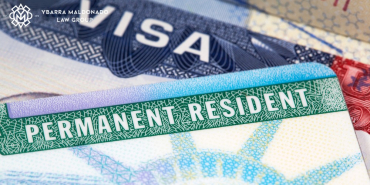

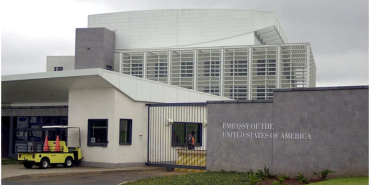

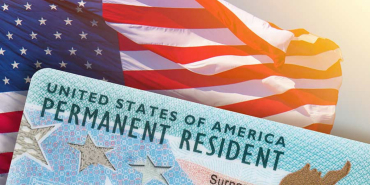

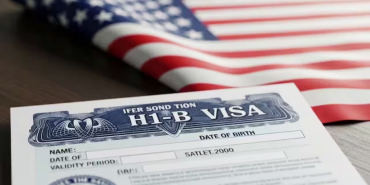

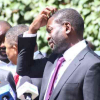


Add new comment